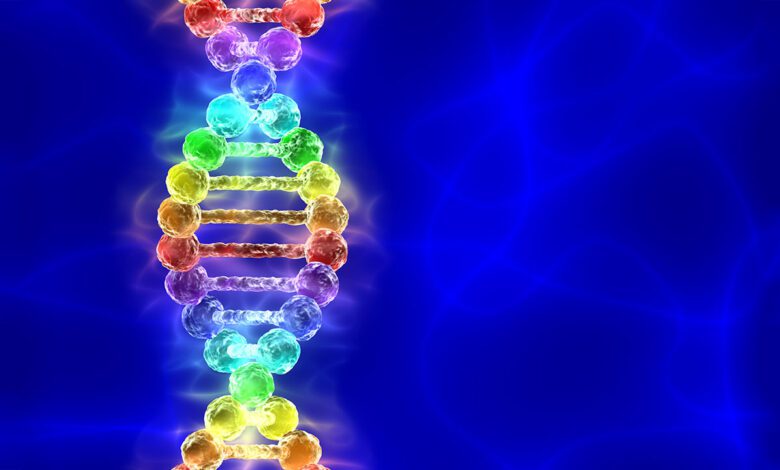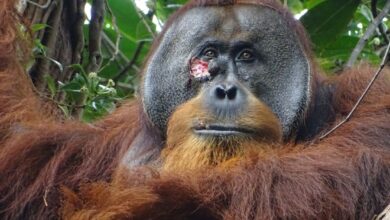New study unveils scientific and genetic insights into fertility and same-sex attraction
The findings not only shed light on the complexity of human sexuality but also challenge traditional notions in evolutionary biology by exploring the relationship between same-sex attraction, risk appetite, and fertility.

In a groundbreaking study published in Science Advances on January 3, researchers in the United States have uncovered genetic factors associated with bisexual attraction in men. The findings not only shed light on the complexity of human sexuality but also challenge traditional notions in evolutionary biology by exploring the relationship between same-sex attraction, risk appetite, and fertility.
Evolutionary biologists have long grappled with the paradox of same-sex attraction, which seemingly contradicts the principles of natural selection due to its association with fewer offspring. However, the recent study delves into a broader context, examining same-sex attraction across the animal kingdom and challenging the assumption that opposite-sex attraction is both normal and ancestral.
The researchers propose an alternative perspective, suggesting an ancestral condition of indiscriminate sexual behaviors prevalent in various species. To explain the apparent contradiction, the study introduces the concept of “pleiotropy,” wherein genes influencing one trait also impact another.
The notion of “antagonistic pleiotropy” is considered, where shared genes lead to behaviors that both increase and decrease the number of offspring. This concept becomes particularly relevant in understanding same-sex attraction, which, according to the study, is more widespread in the animal kingdom than previously acknowledged.
The study builds on prior research from 2021, which correlated genetic variants associated with same-sex behavior to an increased number of opposite-sex partners. The current research, utilizing the UK Biobank dataset, refines these findings by distinguishing between bisexual and exclusively same-sex behavior. Notably, the genes linked to bisexual behavior are also connected to having more children.
Lead author Siliang Song highlights the significance of risk-taking behavior in this context. In an official statement, Song explains, “People who carry bisexual genes have more children because the genes make them willing to take more risks, leading to more sexual partners and, consequently, more offspring.” However, the researchers acknowledge that this observed effect may be diminishing due to modern contraception.
The study’s relevance is underscored by its departure from conventional perspectives on sexuality and reproduction. By identifying a strong link between heightened risk-taking appetite and both bisexual attraction and increased fertility, the research challenges preconceived notions about the genetic underpinnings of human behavior.
Despite the groundbreaking insights, the study has limitations, primarily relying on the UK dataset. The researchers emphasize the need for further investigation across diverse populations to validate and expand upon their findings.
In conclusion, the study provides intriguing insights into the intricate interplay of genetics, sexuality, and reproduction. By challenging traditional paradigms in evolutionary biology, the research opens new avenues for understanding the complexities of human behavior and its genetic underpinnings.
You might also be interested in – Karan Johar says Shah Rukh Khan was the first to make him feel at ease about his sexuality



